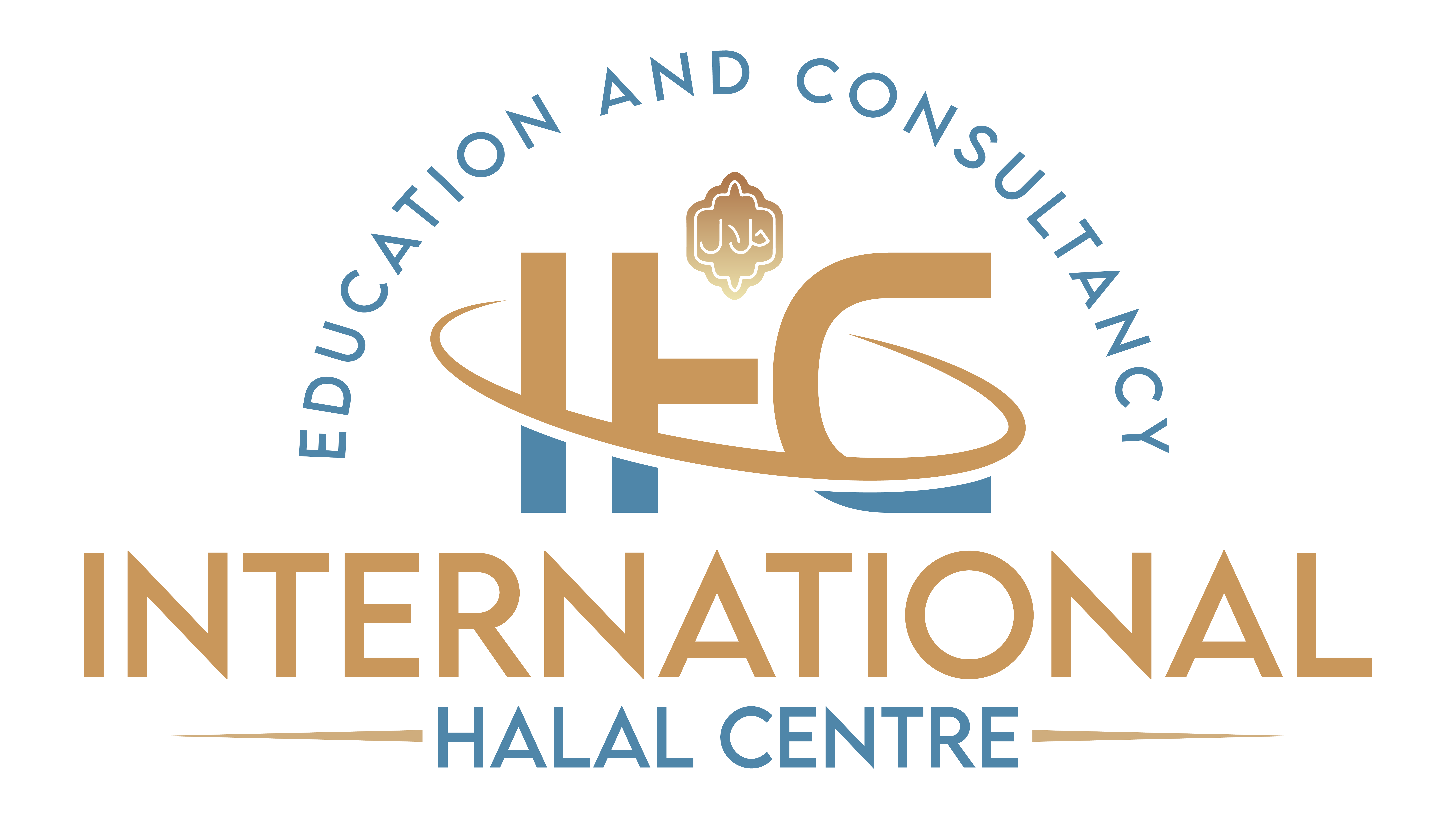businesses are constantly seeking ways to expand their reach and connect with new audiences. For companies in the food, beverage, and hospitality industries, one of the fastest-growing opportunities lies in tapping into the global Muslim market. With over 1.9 billion Muslims worldwide, Halal certification has become a critical factor for building trust, credibility, and market access.
But why exactly is Halal certification so important, and how can it benefit your business in the long term? In this blog, we explore the significance of Halal certification and its transformative potential for businesses across industries.
What is Halal Certification?
Halal certification is a formal process that ensures products and services comply with Islamic dietary laws and ethical principles. The term “Halal” means permissible in Arabic, and the certification guarantees that every step of production, from sourcing raw materials to packaging and storage, adheres to these principles.
Halal certification isn’t limited to food—it also applies to cosmetics, pharmaceuticals, logistics, and even services. For Muslim consumers, it provides assurance that what they purchase aligns with their faith and values. For businesses, it acts as a passport to enter thriving global markets and build lasting consumer trust.
Why Does Halal Certification Matter?
| Key Benefits | Description |
|---|---|
| Access to Muslim Markets | Required for products sold in many Muslim-majority countries like Malaysia and Indonesia. |
| Builds Consumer Trust | Reassures Muslim consumers that products meet their ethical and religious standards. |
| Global Market Expansion | Opens doors to lucrative markets worldwide, including non-Muslim buyers. |
| Brand Differentiation | Distinguishes businesses by emphasizing quality, ethics, and compliance. |
Halal certification is often mandatory for entering Muslim-majority markets, where compliance with religious and ethical guidelines is strictly enforced. Beyond legal requirements, it enhances consumer confidence and creates a positive perception of your brand. Even non-Muslim consumers are increasingly drawn to Halal-certified products for their perceived cleanliness, ethical sourcing, and superior quality.
The Global Opportunity of Halal Markets
The Halal market is one of the fastest-growing sectors in the world. The global Halal food and beverage market alone is projected to surpass $2 trillion by 2024, driven by the increasing Muslim population and demand for ethically produced goods. However, Halal is not limited to food—it extends to cosmetics, pharmaceuticals, and tourism, creating diverse opportunities for businesses.
By obtaining Halal certification, businesses can cater to a broader audience that values ethical and high-quality products. In addition, aligning with Halal standards enables companies to future-proof their operations, ensuring compliance with global trends in sustainability and consumer ethics.
How to Achieve Halal Certification
Halal certification involves several steps to ensure compliance with global standards. While the process might seem daunting, with the right guidance, it can be straightforward and rewarding. Below is a simplified roadmap for businesses:
- Research Requirements
Understand the specific Halal standards required by your target markets. Different regions may have unique protocols, such as those from Malaysia, Indonesia, or the UAE. - Evaluate Operations
Conduct a detailed audit of your supply chain, sourcing, and production processes to identify areas of non-compliance. - Implement Adjustments
Make necessary changes to align with Halal principles, such as substituting prohibited ingredients or ensuring segregation of Halal and non-Halal products. - Submit for Certification
Partner with a recognized Halal certification body, complete the documentation, and undergo inspections to validate compliance.
Challenges and How to Overcome Them
While Halal certification offers significant advantages, businesses often face challenges, such as:
- Complex Requirements: Regional variations in Halal standards can complicate compliance. Solution: Work with experienced consultants to navigate these differences.
- Ingredient Sourcing: Ensuring all ingredients are Halal-compliant can be challenging. Solution: Partner with trusted suppliers certified for Halal sourcing.
- Operational Changes: Adapting production processes to meet Halal guidelines may require investment. Solution: Focus on the long-term benefits of access to larger markets and consumer trust.
Conclusion
Halal certification is more than a regulatory requirement—it’s a strategic opportunity for businesses to expand, innovate, and thrive in global markets. By aligning with Halal principles, companies can build trust with Muslim consumers, access new markets, and differentiate themselves as ethical and high-quality brands.
Whether you’re a small business or a multinational corporation, investing in Halal certification is a commitment to excellence and integrity. It’s a step toward unlocking vast opportunities in one of the world’s fastest-growing markets.



